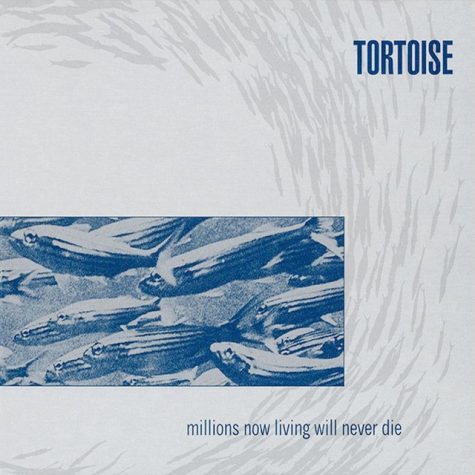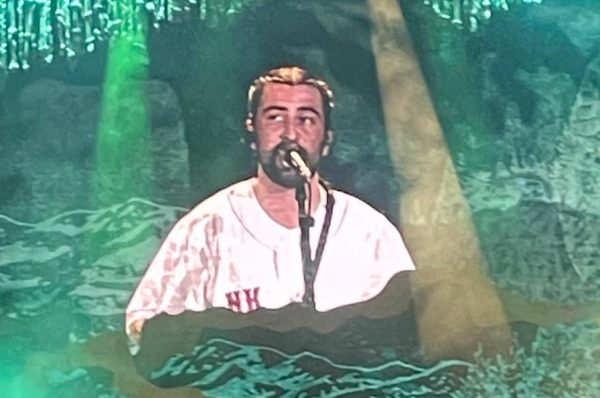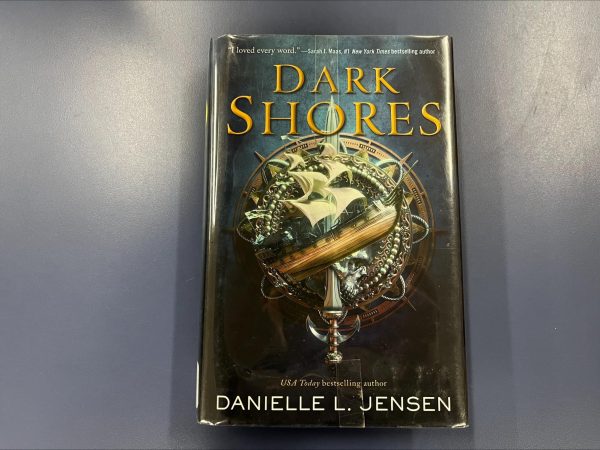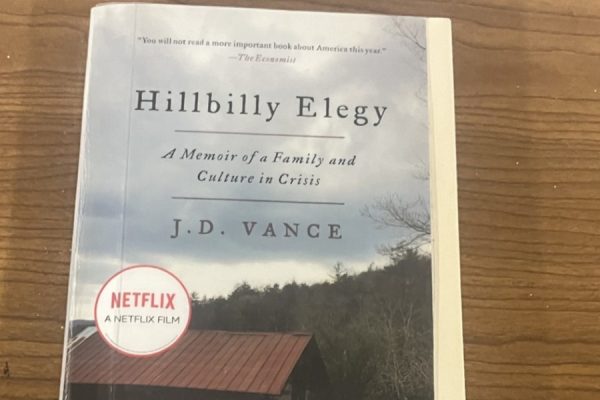Van’s Sometimes Weekly Albums: Millions Now Living Will Never Die by Tortoise

“Djed” is a masterpiece. Yes, that is how I will start this review. Tortoise are a post-rock band hailing from Chicago, Illinois. Millions Now Living Will Never Die is their second studio album, released in 1996, and is highly praised and respected within post-rock circles and is one of two contenders for their best work, alongside the more jazz oriented TNT.
First off, what is post-rock? It’s a fairly underground genre so I believe that most readers may not know what it is. It’s a loosely defined subgenre of Alternative Rock, usually defined by lengthy, mostly instrumental songs that use rock instruments not for the purpose of making a catchy pop song, but rather to build an atmosphere for the listener to lose themselves in. With recent post-rock groups like Swans, Explosions in the Sky, and especially Godspeed You! Black Emperor and Sigur Ros achieving success within indie rock circles, it’s easy to forget how important MNLWND is to the genre. While groups like Slint, Talk Talk, Bark Psychosis, Stereolab, and Godflesh were already toying with the genre since at least the late eighties, only two of those five were being considered post-rock (Simon Reynolds coined the term in a Bark Psychosis review and claimed to previously use it to describe Talk Talk; Slint were at the time associated with Slowcore and even now also get grouped in with Math Rock, Stereolab are far more indie oriented and were grouped in with indie rock and sometimes even Britpop, and Godflesh are still considered Industrial Metal by most even to this day). However, MNLWND is arguably the album that gave a definitive vision of the genre.
So, as I said, “Djed” is a masterpiece. It opens up the album at over 20 minutes long, and through that time Tortoise waltzes through dub, krautrock, jazz, electronica, and even prototypical lo-fi hip hop in the final 2 minutes. It’s essentially just 5 songs smashed into one mega-song, but these movements were designed to make sense in the context of the 20-minute piece. The weird glitch segment that appears approximately 12 minutes in may be boring on its own, but the album forces you to pay attention to it by having it materialize from a hypnotic marimba-led segment, which in turn perfectly compliments the dub/krautrock fusion that precedes it. The only segment that could be its own song is the aforementioned lo-fi hip hop prototype, which could have worked just as well as its own song.
The B-side of the album, coming off of the heels of the sidelong “Djed”, feels like the B-side of a single release instead, feeling like a bunch of odds n sods recorded while making “Djed”. Going through them, the strongest are “Glass Museum” and the closing pair of “Dear Grandma and Grandpa” and “Along the Banks of Rivers”. “Glass Museum”, like “Djed”, is another often changing song, but unlike “Djed”, its only 5 minutes. It’s also far more related to a standard rock song. In a way, it’s almost Djed’s poppier and younger cousin. “Dear Grandma and Grandpa” uses field recordings and ambience to lead into “Along the Banks of Rivers”, a melodramatic, jazzy closer that seems to foreshadow the direction they’d take on TNT. “A Survey” and “The Taut and Tame” honestly feel like filler. The former is like the intro to “Djed” with all the percussion taken away, with the issue being that said intro to Djed worked precisely because of the drums complimenting the bass to add a certain energy to it. Without the drums, the result is very boring. Meanwhile, “The Taut and Tame” is just boring. The sound quality is poor for no reason, and combined with the cliche melody, it sounds less like a brilliant post-rock song and more like a mediocre soundtrack for a DS game.
While “A Survey” and “The Taut and Tame” may bring it down a bit, “Glass Museum” and “Dear Grandma and Grandpa/Along the Banks of Rivers” are both finely crafted melodies, and “Djed” is fantastic enough to make the album a must-listen.
Rating: 8/10

Van is a sophomore at GHS. He plays piano and saxophone, and is somewhat proficient at the guitar and drums. Van is really in touch with music and listens...







